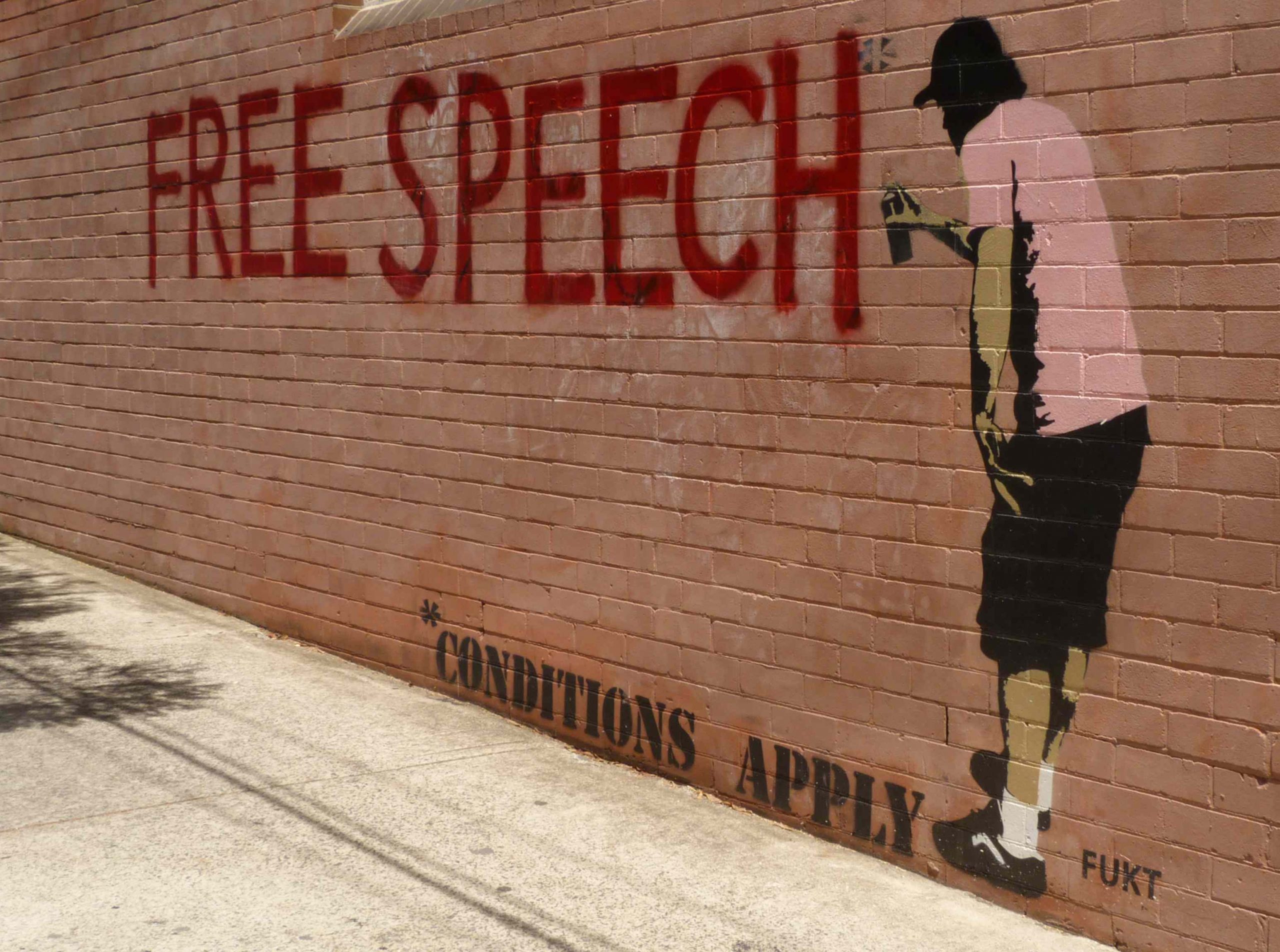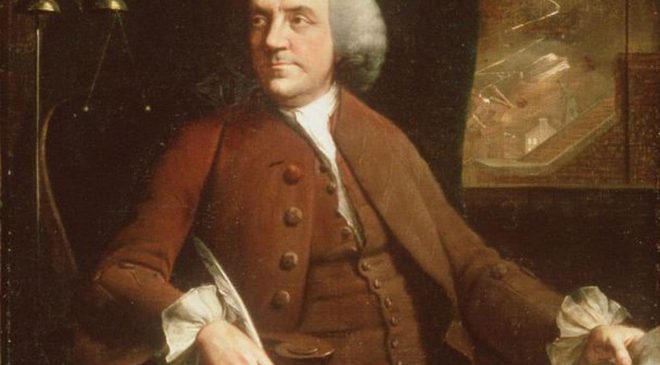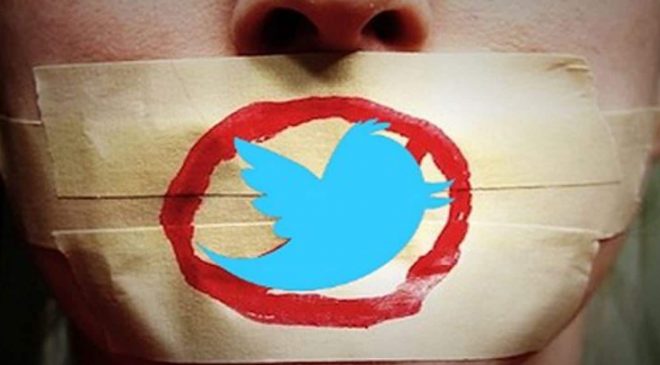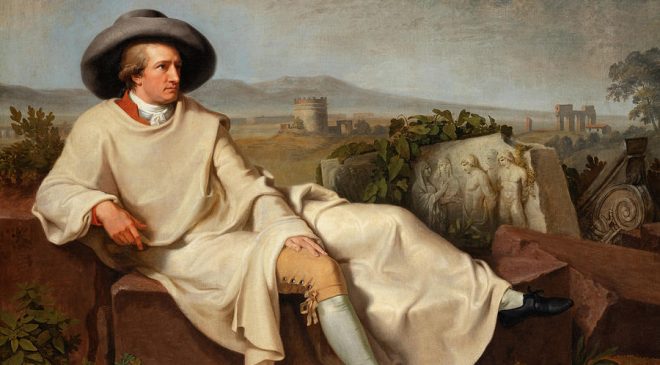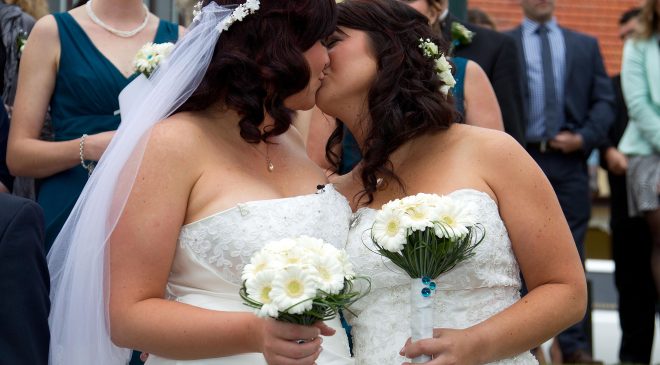Is anyone shocked by this observation?
Public statements, emails, and recent publicly released documents establish that the President of the United States and other senior officials in the Biden Administration violated the First Amendment by directing social-media companies to censor viewpoints that conflict with the government’s messaging on Covid-19….
This insidious censorship was the direct result of the federal government’s ongoing campaign to silence those who voice perspectives that deviate from those of the Biden Administration. Government officials’ public threats to punish social media companies that did not do their bidding demonstrate this linkage, as do emails from the Centers for Disease Control and Prevention (CDC) and the Department of Homeland Security (DHS) to social media companies that only recently were made public.
So states the New Civil Liberties Alliance (NCLA) in announcing its lawsuit against President Joe Biden, former chief medical adviser Anthony Fauci, and other government public-health officials, departments, and spokesmen. The case now before a federal district court in Louisiana is called State of Missouri ex rel. Schmitt, et al. v. Joseph R. Biden, Jr., et al. No social-media company was named as a defendant. Rather, the suit is about the government’s illegal and unconstitutional conduct. (See the complaint for the eye-opening details.) In fact, the complaint states: “Notably … prior to Defendants’ campaign of threats and pressure, social-media platforms generally declined to engage in the acts of censorship alleged herein.”
The plaintiffs are the states of Missouri and Louisiana and several health care experts, including Dr. Jay Bhattacharya of Stanford University (among other prestigious affiliations) and Dr. Martin Kuldorff of Harvard University, two of the three authors of the Great Barrington Declaration, published in October 2020 and signed by thousands of medical professionals. The Declaration challenged the government-led strategy of shutting down American society through a variety of mandates as though everyone — young and old, healthy and ill — were equally vulnerable to the dangers of COVID-19. The government’s data on who was suffering serious, possibly lethal illness and requiring hospitalization contradicted that baseless premise early in the pandemic.
The Declaration, which today has signatures from more than 62,000 scientists and health care professionals (and 932,000 signatures overall) called instead for “focused protection” of the elderly and those with already-compromised immune systems. Otherwise, Americans should be left free to live normal lives. The shutdown of society, this view holds, would inflict untold harm in regard to health (because of deferred medical examinations/treatments), psychological well-being, children’s education, and lost income. All of this and more have now been documented. “Focused protection,” it must be emphasized, was not a radical position in 2020. Rather, it had been the mainstream approach to pandemics for the previous 100 years.
Unfortunately, the authors, who also included Dr. Sunetra Gupta of Oxford University, were smeared by government officials and spokesmen as fringe characters who could be safely ignored. At the same time, the national government pressured social media to suppress challenges to its message and policies. In other words, the government did everything it could short of direct censorship to keep the American people from knowing that eminently qualified doctors and other scientists disagreed with the party line.
Under the U.S. Constitution and case law, the government is not only barred from directly interfering with speech on the basis of content, but it is also prohibited from inducing or coercing private entities, such as social networks, to do so. The Supreme Court has spoken on this.
The plaintiffs contend that this is precisely what the defendants did during the pandemic through “express and implied threats” against the social networks, including the threat of antitrust action and the threat to withdraw the protection provided by Section 230 of the Communications Decency Act, which immunizes the platforms from liability for what participants post.
NCLA says:
Government-induced censorship is achieved through a wide variety of mechanisms, ranging from complete bans, temporary bans, “shadow bans” (where often neither the user nor his audience is notified of the suppression of speech), deboosting, de-platforming, de-monetizing, restricting access to content, requiring users to take down content, and imposing warning labels that require click-through to access content, among others. These methods also include temporary and permanent suspensions of disfavored speakers.
This sort of censorship, which strikes at the heart of what the First Amendment to the U.S. Constitution was designed to protect—free speech, especially political speech—constitutes unlawful government action. The federal government is deciding whose voices and ideas may be heard, and whose voices and ideas must be silenced. Moreover, this state action deprives Americans of their right to hear the views of those who are being silenced, a First Amendment corollary of the right to free speech.
The lawsuit seeks no monetary damages, but it asks the court to declare that the plaintiffs acted illegally. It also asks the court to
Preliminarily and permanently enjoin Defendants, their officers, officials, agents, servants, employees, attorneys, and all persons acting in concert or participation with them, from taking any steps to demand, urge, pressure, or otherwise induce any social-media platform to censor, suppress, de-platform, suspend, shadow-ban, de-boost, restrict access to content, or take any other adverse action against any speaker, content or viewpoint expressed on social media.
Going further, we must demand an end to the government-university-science complex, which puts a heavy political thumb on the scale of scientific debate without which the truth cannot be ascertained. As the complaint states, “Yesterday’s ‘misinformation’ often becomes today’s viable theory and tomorrow’s established fact…. This prediction has proven true, again and again, when it comes to suppressing ‘misinformation’ and ‘disinformation’ on social media.” (The complaint notes other examples of similar reversals despite official government efforts, including the Hunter Biden laptop story and the Wuhan lab-leak theory of the coronavirus’s origins. These once-belittled accounts either have been confirmed, as with the laptop story, or have achieved reasonable credibility if not confirmation, as with the lab-leak theory.)
Government officials must not be permitted to suppress, directly or indirectly, public-health and other sorts of claims they disagree with. Officials of course can say what they believe are the facts, but they must not attempt to smear, marginalize, and silence dissenters. The very act of financing scientific research is prejudicial because of the stamp of exclusive legitimacy it implies. As the pandemic illustrates, a truly free marketplace of ideas is literally a matter of life and death.
